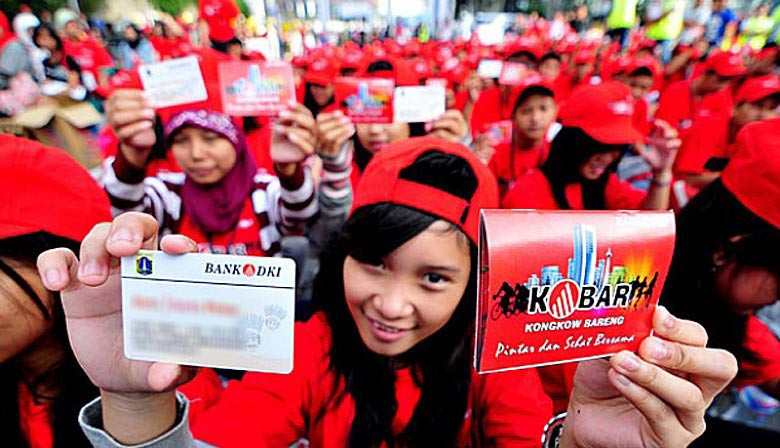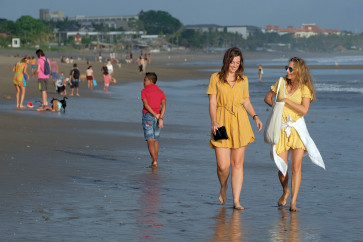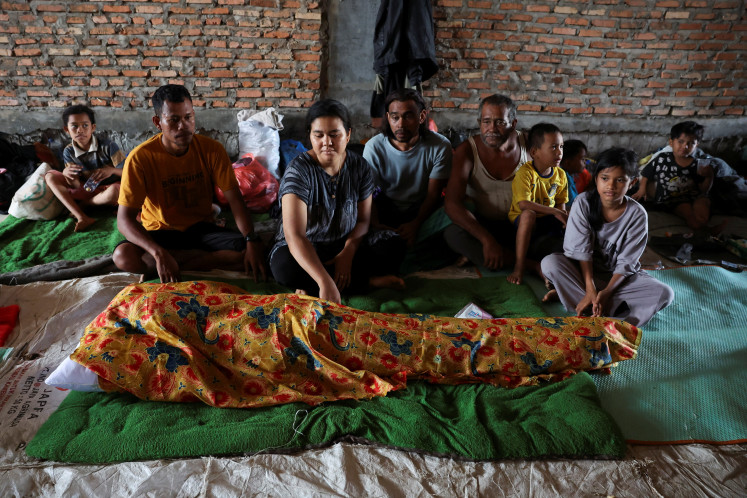Popular Reads
Top Results
Can't find what you're looking for?
View all search resultsPopular Reads
Top Results
Can't find what you're looking for?
View all search results60% Jakarta evictees not getting health, education aid as promised: Study
Change text size
Gift Premium Articles
to Anyone
T
he majority of low-cost apartment (rusunawa) residents, who were evicted from their former homes to make way for city development projects, have yet to receive easy access to education and health as promised by the Jakarta administration, the Jakarta Legal Aid Institute (LBH) found in a recent study.
LBH Jakarta lawyer Alldo Fellix Januardy said on Wednesday that nearly 60 percent of such residents did not possess Jakarta Smart Cards (KJP) or Jakarta Health Cards (KJS), according to a study conducted from April to October at 18 rusunawa spread across the capital.
Among the rusunawa are Rawa Bebek in Cakung and Jatinegara Barat in Jatinegara, both in East Jakarta.
“The city administration has failed to fulfill its promise to cover the costs of health and education of the evicted residents,” Alldo said in a press conference at the LBH headquarters on Jl. Diponegoro in Menteng, Central Jakarta.
Under the KJP program, card holders in elementary and high school receive funds to be used to meet school needs such as uniforms and books. Meanwhile, under the KJS program, holders can access free medical services at the city’s community health centers and hospitals. (vny/evi)










